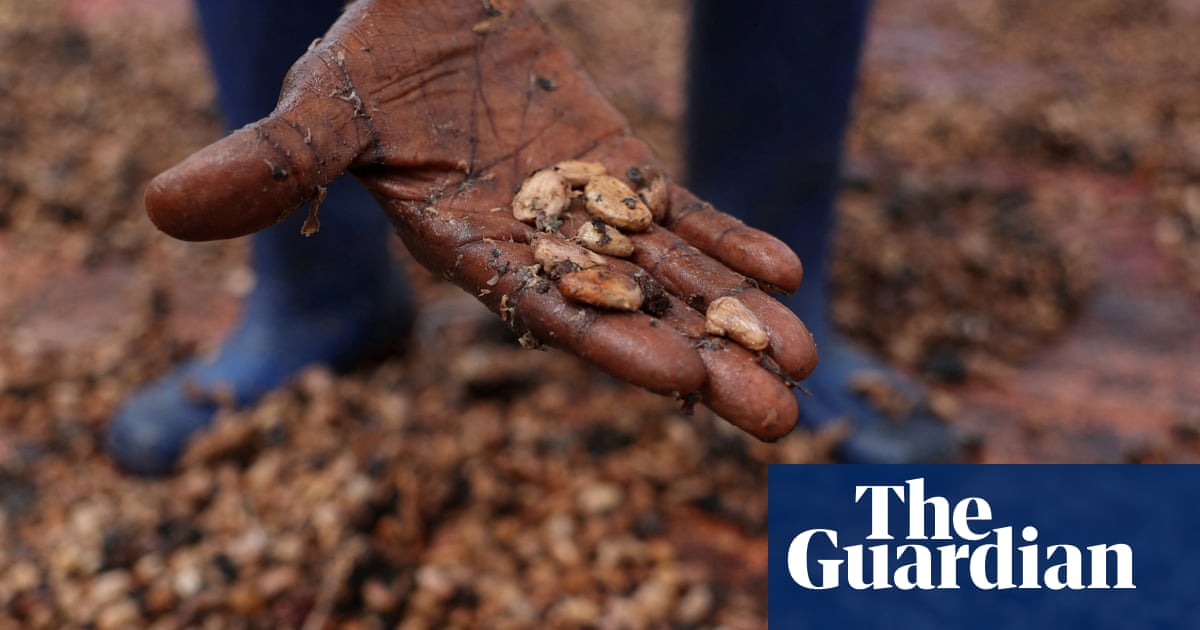Almost half a billion adolescents worldwide will be living with obesity or overweight and 1 billion at risk of preventable ill health by 2030, according to an international report.
While adolescent mortality has declined by more than a quarter over the past two decades, comprehensive analysis of global data calculated that in five years, at least half of the world’s 10- to 24-year-olds will be living in countries where preventable health problems such as HIV/Aids, early pregnancy, depression and poor nutrition pose a “daily threat to their health, wellbeing and life chance”. Young people’s health has reached a “tipping point”, the authors warned.
By 2030, 464 million young people will be living with obesity or overweight, up 143 million from 2015, the report by the Lancet commission on adolescent health and wellbeing forecasts.
The burden of excess weight is already being disproportionately felt in high-income countries; Latin America and the Caribbean; and north Africa and the Middle East, where more than a third of 10- to 24-year-olds are living with overweight or obesity.
The report also found a “significant decline” in young people’s mental health, and said the climate crisis posed “significant new threats” to their health.
“Today’s adolescents are the first cohort of humans who will live their entire life experiencing the growing reverberations of climate change,” the authors noted. The review calculated that by 2100, 1.9 billion adolescents would be living with the effects of global heating, which bring “catastrophic risks” to their wellbeing such as heat-related illness and food and water insecurity.
Areas in which some progress had been made included substance misuse, with the proportion of 10- to 24-year-olds smoking or drinking alcohol declining in every region. The number of young people not in education, work or training also reduced, the report found. But “progress has been undermined by the Covid-19 pandemic and a chronic lack of funding”, the authors noted.
Prof Sarah Baird, from George Washington University in the US and co-chair of the Lancet commission, said: “The health and wellbeing of adolescents worldwide is at a tipping point … Investing in the health and wellbeing of young people is crucial for safeguarding our collective future.”
The report concluded: “Without political will, policy initiatives and financial investment … large numbers of adolescents will grow up with poor health.”
Dr Anshu Banerjee, director of maternal, newborn, child and adolescent health and ageing at the World Health Organization, said: “Advancing the health and rights of young people is the foundation of a better future for us all. From ending child marriage to tackling the mental health crisis and obesity, we must confront both old and emerging threats to their health.
“Every young person deserves access to essential health services and information – without stigma or discrimination. As backlash against gender equality grows and harmful commercial influences spread, standing up for young people’s health and rights is more urgent than ever. These problems do not know national boundaries, neither should our solutions. This is why international collaboration to promote, protect, maintain and restore young people’s health and wellbeing is more important than ever.”
Johanna Ralston, the chief executive of the World Obesity Federation, said: “This commission makes clear what many of us have long warned: the health of the world’s adolescents is being undermined by failing food and health systems.
“The rise in obesity and related diseases is not just a matter of individual choices – it’s the result of environments flooded with health-harming products including ultra-processed food, alongside policies that fail to protect young people.
“Governments must act urgently to create healthier food and health systems and prioritise adolescent wellbeing in national health strategies.”

 7 hours ago
3
7 hours ago
3

















































